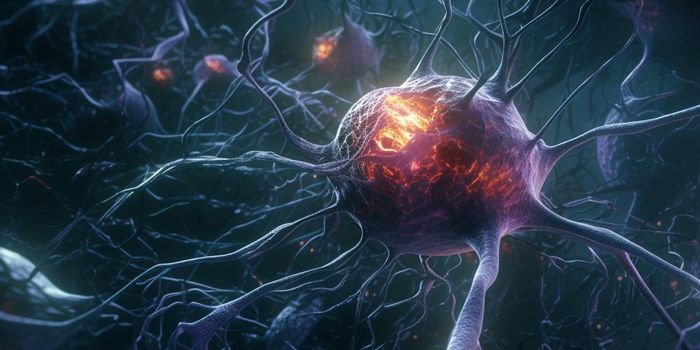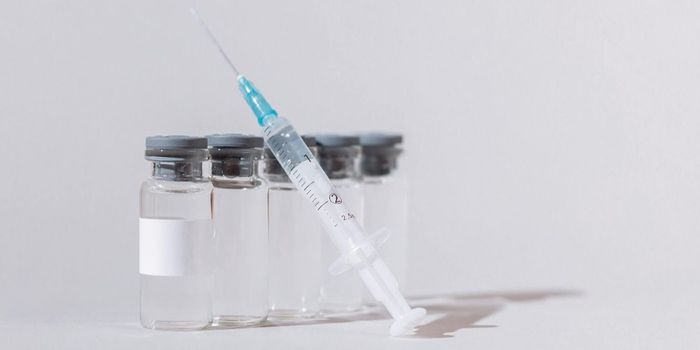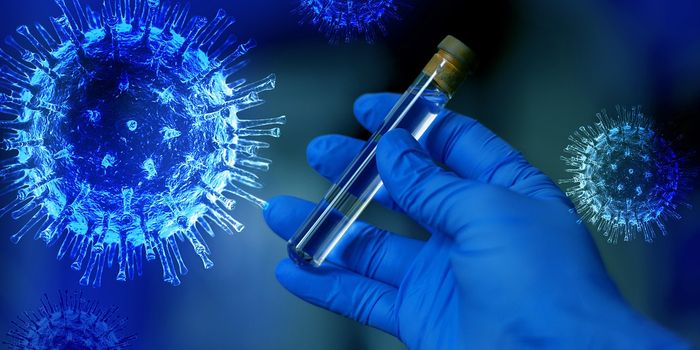Fertility after breast cancer
New data presented at the 2020 San Antonio Breast Cancer Symposium this week dives into the complexities of fertility after breast cancer. The study’s findings, compiled from a widespread meta-analysis of breast cancer survivors of childbearing age, indicate that while survivors have lower chances of getting pregnant than others in their same demographic who have not had breast cancer, those who do become pregnant ultimately deliver healthy babies.
"With the availability of more effective anticancer treatments, survivorship has gained substantial attention. Today, returning to a normal life after cancer diagnosis and treatment should be considered as a crucial ambition in cancer care. In patients diagnosed during their reproductive years, this includes the possibility to complete their family planning," said the study's corresponding author, Matteo Lambertini MD, PhD, adjunct professor in medical oncology at the University of Genova - IRCCS Policlinico San Martino Hospital in Genova, Italy.
It is widely known that many anticancer treatments have adverse effects on fertility. One example of this is the adjuvant endocrine therapy that many women with hormone receptor-positive breast cancer receive for 5-10 years after diagnosis. This prolonged treatment prohibits pregnancy throughout that extended period. Because of this, and due to the rise in average age that women are deciding to have children, more women are facing the tough decisions of family planning while simultaneously dealing with tackling their cancer care.
To address this dilemma, the researchers analyzed 39 studies comprised of data on 114,573 breast cancer patients. In doing so, they contemplated the frequency of post-treatment pregnancies in these patients, fetal and obstetrical outcomes, disease-free survival, and overall survival.

The comparative results showed that patients who had gone through breast cancer had a 60 percent reduced chance of having a pregnancy. That being said, Lambertini estimated that over 50% of young women who attempted to get pregnant were able to, while some who did not intend to conceive did as well. Furthermore, as Eureka Alert reports, the study found that breast cancer survivors who had gone through chemotherapy had a 50% higher risk of having a baby with low birth weight and a 16% higher risk of having a baby that was small for gestational age. Survivors also had a 45% higher risk of preterm labor and 14% higher risk of having a cesarean section.
Nevertheless, the researchers did not find any significant increased risk of congenital defects or other pregnancy or delivery complications and mothers experienced healthy deliveries, suggesting that it is safe to conceive and deliver.
"These findings are of paramount importance to raise awareness of the need for a deeper consideration of patients' pregnancy desire as a crucial component of their survivorship care plan. This starts with offering oncofertility counseling to all newly diagnosed young breast cancer patients," Lambertini said.
Sources: American Association for Cancer Research, Eureka Alert








